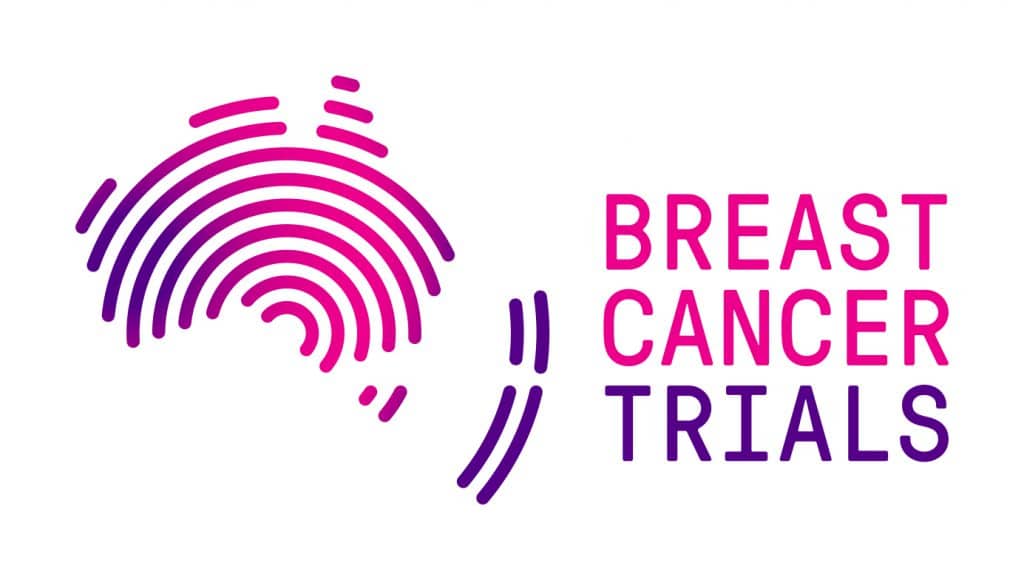Chemotherapy and BMI: BIG 2-98 Clinical Trial Follow-Up
The role of obesity as a risk factor is a common theme in breast cancer research. That’s not about to change anytime soon.
“In Western society there are more and more women who are overweight and, because being overweight increases your risk of getting breast cancer after menopause, we certainly see this in our clinic,” says Associate Professor Prue Francis, Chair of the Breast Cancer Trials Scientific Advisory Committee.
Some lipophilic, or fat-soluble, drugs are known to act differently in someone who has a high versus a low body mass index (BMI). What hasn’t been studied systematically is the relationship between the efficacy of anticancer drugs and BMI.
To learn more, researchers reanalysed data from the BIG 2-98 trial that included approximately 600 women enrolled by Breast Cancer Trials, some of whom were randomised to receive the lipophilic chemotherapy drug docetaxel as part of treatment.
They found that among the women who received docetaxel, those in the overweight or obese BMI categories had a lower chance of remaining disease-free or surviving compared to women with a lean BMI, despite receiving the same treatment.
“If you’re giving any drug that might have short-term but also longer-term side effects, the question is, are you getting the bang for your buck?” says Associate Professor Francis, who was one of the researchers in the study.
Docetaxel and other drugs of the same family (taxanes) can cause nerve damage, and occasionally permanent hair loss. The risk of experiencing such side effects must be balanced with the benefit an individual patient might receive.
Associate Professor Francis says that chemotherapy for obese patients should not change based on these results, but more research is needed. If the results of this study are confirmed in other studies, this could lead to a rethinking of treatment risks and benefits for these patients.
“If the taxane drugs were thought not to be working or distributed properly in the body of obese patients [we could consider] whether a modification of the dose would be appropriate or whether it’s just not worth adding those drugs,” she explains.
“If an obese patient may not be deriving so much benefit from that particular drug, maybe you could give a different drug, or stop it earlier if nerve damage symptoms are developing.”
Publication:
Differential benefit of adjuvant docetaxel-based chemotherapy in patients with early breast cancer according to baseline body mass index.
Desmedt C, Fornili M, Clatot F, Demicheli R, De Bortoli D, Di Leo A, Viale G, de Azambuja E, Crown J, Francis PA, Sotiriou C, Piccart M, Biganzoli E. Journal of Clinical Oncology. 2020; 38(25):2883-2891, epub 20/05/20 https://doi.org/10.1200/JCO.19.01771.
Support Us
Help us to change lives through breast cancer clinical trials research




